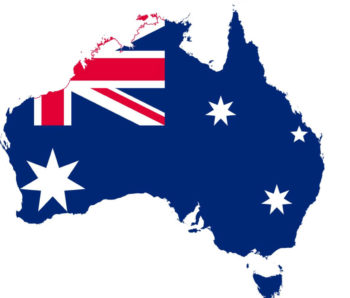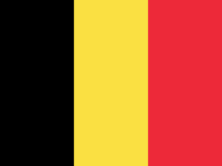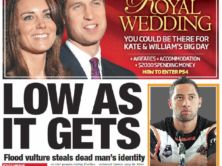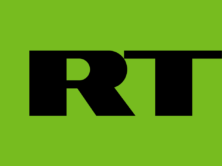
(Credit: Marcin n®/Wikipedia)
The Australian Daily Mail invaded the privacy of a murder victim’s family when it published a news story and photos from the victim’s funeral, the Australian Press Council ruled.
The victim’s daughter, Bachmal Ledinh, complained to the press council about the Daily Mail‘s Jan. 2018 article, “Tears and prayers for a murdered father: Vietnamese lawyer Ho Ledinh is farewelled in a traditional Buddhist funeral service – as mystery gunman remains on the loose after daylight Sydney cafe shooting.”
iMediaEthics has written to the Daily Mail for its response to the ruling. The Mail pointed to its Oct. 31 post headlined, “Who’s keeping an eye on Australia’s media watchdog? How the Australian Press Council failed to live up to it’s lofty standards of fairness and impartiality in one-sided ruling.”
“The APC has unashamedly singled out Daily Mail Australia over its reporting of a funeral for a prominent Vietnamese criminal lawyer Ho Ledinh, who was gunned down in a Bankstown café in January last year,” the article said. The article quoted its two sources anonymously who it said invited the Mail reporter to the funeral as saying the reporting was done sensitively.
Ledinh was upset that the Mail‘s photographers took pictures of her father’s funeral without permission. And, because she and her family were praying, they couldn’t ask the photographers to leave until the end of the ceremony. While the family did allow family and friends to take photos for people who couldn’t attend the funeral, the media photos upset them. After the funeral, the Ledinh family asked the Mail to delete them.
Ledinh also was concerned that the Mail‘s story provided the family’s names and opened them as potential targets or subjects of news coverage.
In its defense, the Mail claimed it was invited to the funeral by two different family friends. The Mail acknowledged someone told its photographer that media wasn’t invited, but argued it was OK because they saw anther news outlet at the funeral. “The publication said that in these circumstances and in light of earlier correspondence from close friends of the family its reporter believed the family had consented to it covering the second portion of the funeral which involved prayers,” the press council reported.
Concerning Ledinh’s comment that the family asked the Mail to delete photos, the newspaper conceded three women asked the photographer to delete pictures he took of people at the coffin, but that he already had sent pictures in to editors. Regardless, the Mail defended the photos and story was in the public interest and that it thought it had permission to cover the funeral. The council noted that “at a late stage” in the complaints process, the Mail unpublished the article.
The press council said it understood the Mail photographer thought he had consent to photograph, but since the family did approach the photographer at the end of the funeral to clearly state he did not have their permission, it was an invasion of privacy to publish and it was upsetting or distressing to the family.
“The Council considers that subsequently family members made it clear to the publication at the funeral that they did not have consent from the family to attend or to take or use photographs. The Council considers that this overrode any earlier indications of consent and that the publication should not have used the information and images obtained previously at the funeral,” the press council said. “Accordingly, the Council considers that in publishing the photographs of the funeral ceremony, the publication failed to take reasonable steps to avoid intruding on the family’s reasonable expectation of privacy. While there was a public interest in the circumstances of Mr Ledinh’s death and in reporting on the funeral, that public interest was not sufficient to justify the publication of photographs once the wishes of the family had been clearly conveyed to the publication.”






Comments Terms and Conditions